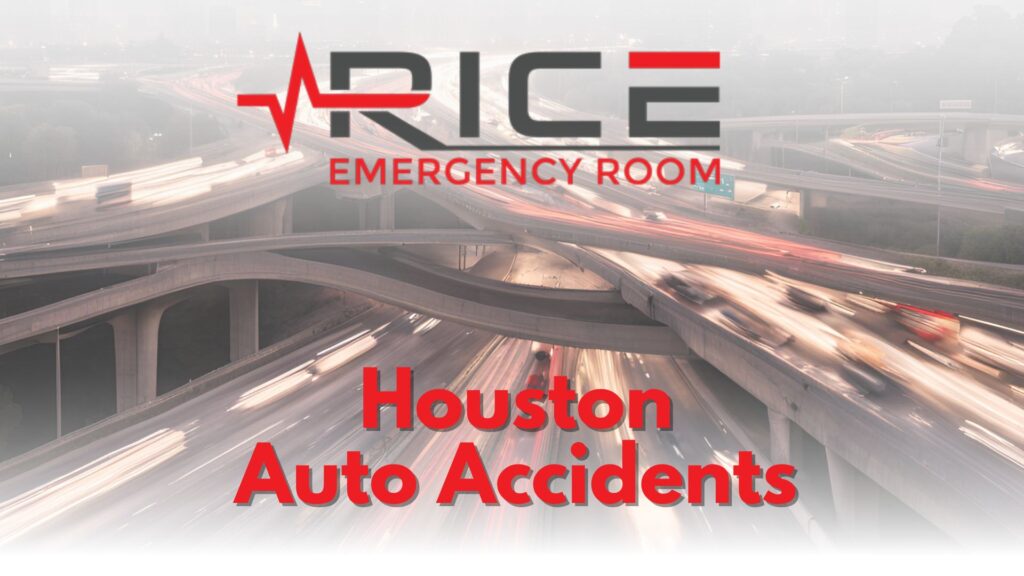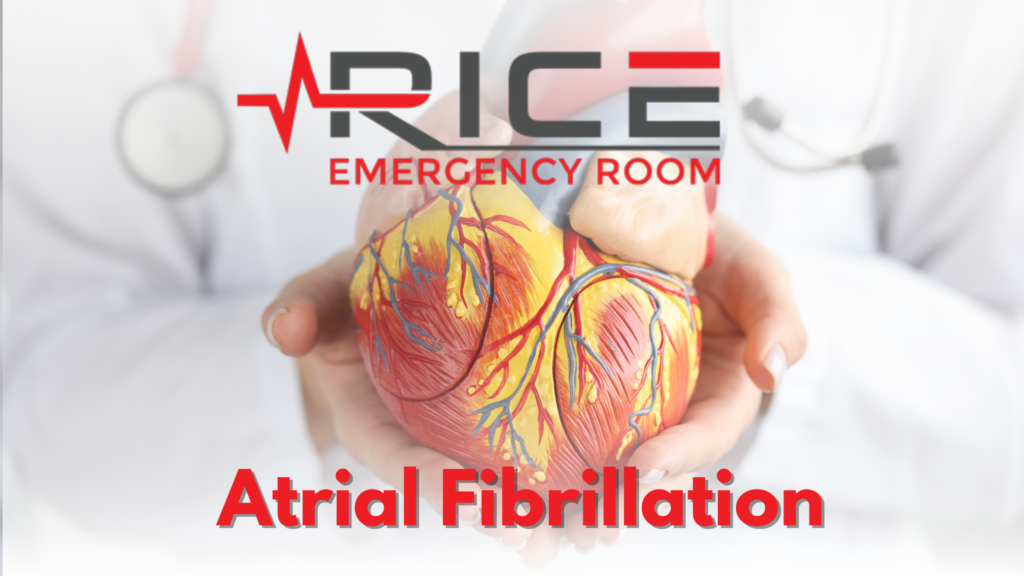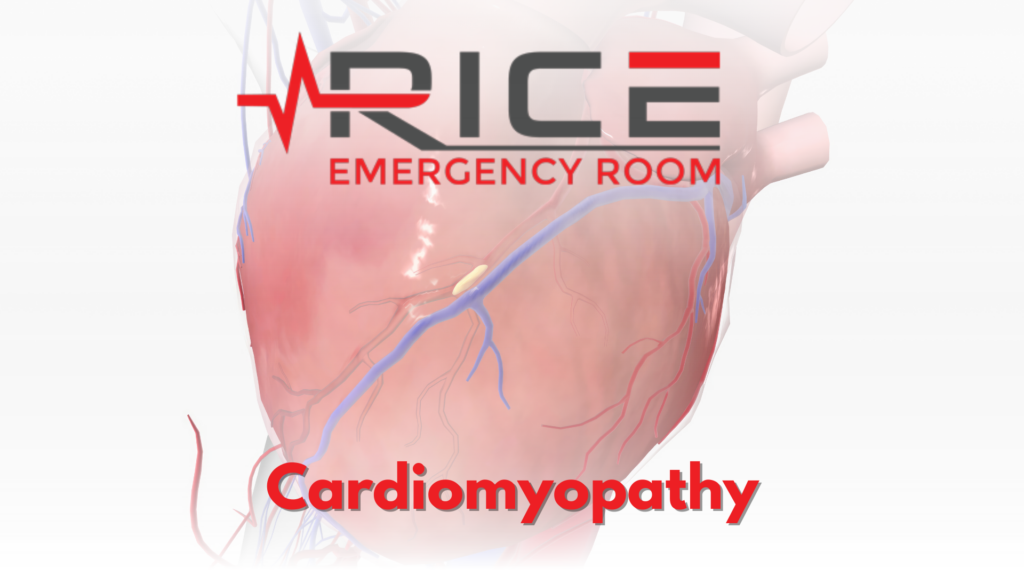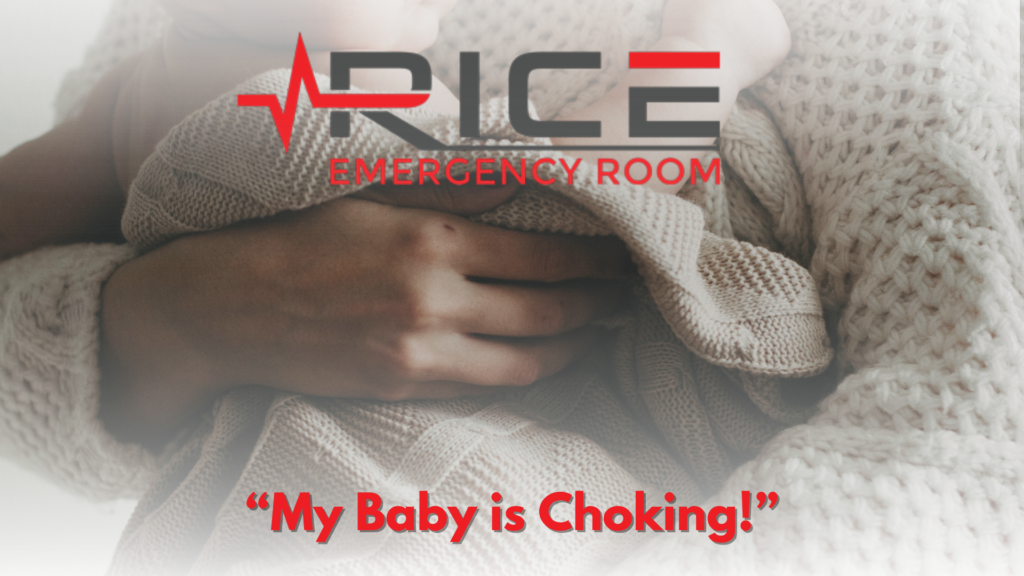Houston auto accidents are synonymous with daily driving. It’s one of the largest and most populous cities in the United States and is renowned for its bustling streets and heavy traffic. With its high traffic volume comes a significant risk of auto accidents. In recent years, the city has seen a notable increase in traffic collisions, leading to concerns about road safety. Let’s explore the factors contributing to the high likelihood of car accidents in Houston and provide practical tips to help drivers avoid collisions.
The High Likelihood of Car Accidents in Houston
Houston’s expansive road network, combined with a growing population, makes it particularly susceptible to traffic accidents. A study by the Texas Department of Transportation (TxDOT) reveals that Houston consistently ranks among the cities with the highest number of traffic collisions in Texas. Several factors contribute to this trend:
- High Traffic Volume: Houston’s roads are often congested due to the large number of vehicles. This congestion increases the likelihood of accidents, particularly during peak hours (Houston Chronicle).
- Distracted Driving: With the proliferation of smartphones, distracted driving has become a major issue. Many drivers engage in activities such as texting, making calls, or using apps while driving, which significantly increases the risk of accidents (TxDOT).
- Speeding: Speeding is another common cause of accidents in Houston. Many drivers exceed speed limits, particularly on highways and major roads, leading to more severe collisions (Houston Chronicle).
- Driving Under the Influence: Driving under the influence of alcohol or drugs remains a significant problem. Despite strict laws and enforcement, DUI-related accidents continue to be a leading cause of fatalities on Houston’s roads (TxDOT).
- Weather Conditions: Houston’s weather can also play a role in traffic accidents. Heavy rain, which is common in the city, can create hazardous driving conditions, leading to an increase in accidents (Houston Chronicle).
Tips to Avoid Collisions
While it’s impossible to eliminate all risks, there are several steps drivers can take to reduce the likelihood of being involved in a collision. Here are some tips from TxDOT and other traffic safety experts:
- Stay Alert and Avoid Distractions: Always pay full attention to the road. Avoid using your phone or engaging in other distracting activities while driving. If you must use your phone, consider using hands-free options or pulling over safely.
- Follow Speed Limits: Adhering to posted speed limits is crucial. Adjust your speed according to road conditions, traffic, and weather. Remember that speeding reduces your reaction time and increases the severity of accidents.
- Maintain a Safe Following Distance: Keep a safe distance between your vehicle and the one in front of you. This allows you more time to react to sudden stops or changes in traffic flow.
- Use Turn Signals: Always use your turn signals to indicate your intentions to other drivers. This helps prevent misunderstandings and collisions.
- Don’t Drive Under the Influence: Never drive if you have consumed alcohol or drugs. Utilize alternative transportation options such as taxis, rideshares, or public transport if you are not in a condition to drive.
- Buckle Up: Ensure that all passengers are wearing seat belts. Seat belts significantly reduce the risk of injury or death in the event of a collision.
- Observe Traffic Signs and Signals: Pay close attention to all traffic signs and signals. These are in place to manage traffic flow and keep everyone safe.
- Be Prepared for Weather Conditions: Adjust your driving to match weather conditions. Slow down during heavy rain and be cautious of slippery roads. Ensure your vehicle is well-maintained, particularly your tires and brakes, to handle adverse weather.
- Practice Defensive Driving: Always be aware of other drivers and anticipate potential hazards. Being a defensive driver means being prepared for the unexpected actions of others on the road.
While the high likelihood of car accidents in Houston is a significant concern, understanding the contributing factors and implementing safety measures can help reduce risks. By staying alert, adhering to traffic laws, and practicing safe driving habits, Houston drivers can contribute to making the roads safer for everyone. Remember, road safety is a shared responsibility, and every precaution taken can make a difference.
When to Go to the ER
Rice Emergency Room is easily accessible from I59 and close to the Houston Medical Center. Avoid long waits in large hospital connected ER’s and find fast comfort for auto-injuries. Our on-site radiology and laboratory are ready to diagnose any accident injury 24/7, 365 days a year. Get compassionate treatment by a Board-Certified Emergency Physician and be confident you’re getting a high level of care.
Works Cited
“Car Accident Likeliness in Houston.” Houston Chronicle, 3 May 2024, www.houstonchronicle.com/news/houston-texas/trending/article/car-accident-likeliness-houston-18284613.php. Accessed 5 June 2024.
“Driving Safety and Laws.” Texas Department of Transportation, www.txdot.gov/safety/driving-laws.html. Accessed 5 June 2024. “Tips to Avoid Collisions.” Texas Department of Transportation, www.txdot.gov/safety/driving-laws/tips-avoid-collisions.html. Accessed 5 June 2024




